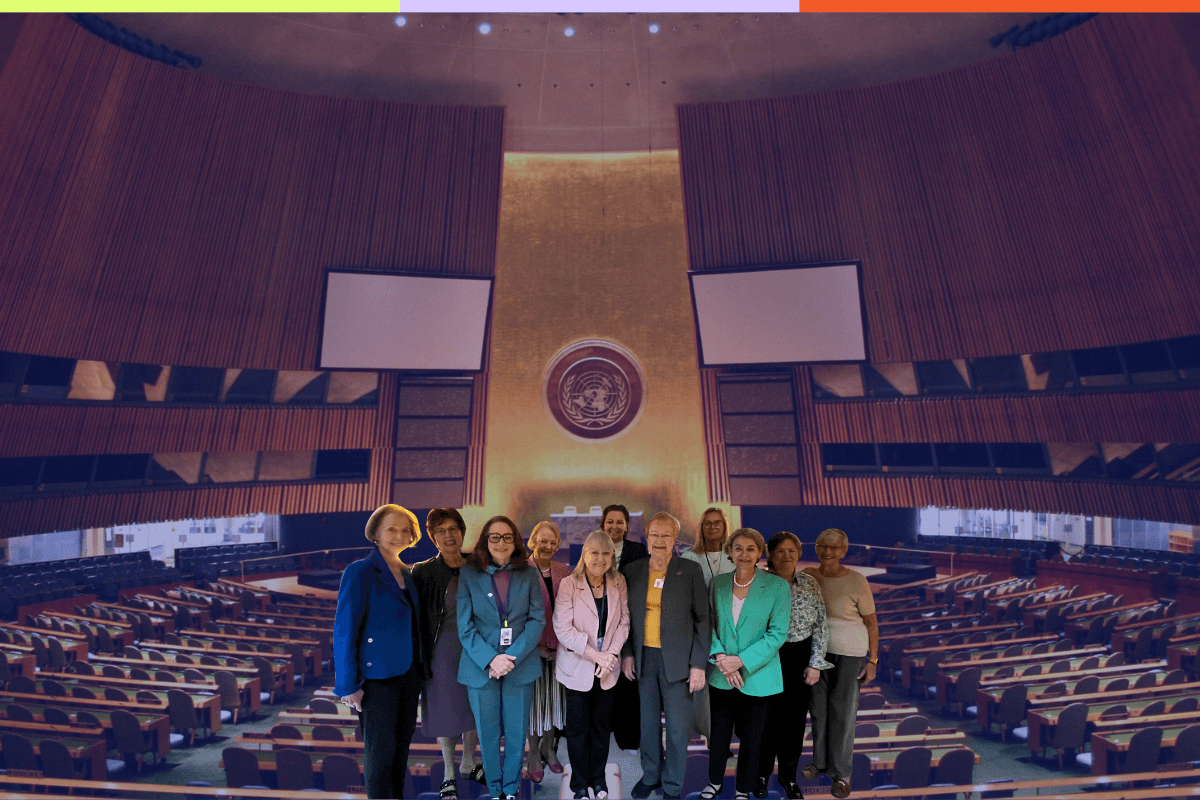Reflections from UNGA80: Rethinking Multilateralism, Representation, and the Future We Need

Share
As the United Nations marked its 80th anniversary, the world gathered once again in New York to confront the pressing challenges of global governance: What kind of United Nations do we need for the future? How can it remain relevant and representative in a world marked by inequalities, conflict, and shifting centers of power?
Much of the debate at UNGA80 centered on geopolitics, with the war in Gaza and growing global divisions taking center stage. Statements from leaders reflected a fractured international order, where the call for peace and accountability often depended on where each country stood in the geopolitical landscape. Yet amid these divides, many reaffirmed the essential role of multilateralism—and the need to make it stronger, fairer, and more inclusive.
The UN80 Initiative emphasized that the United Nations must become both fit for purpose and future-ready. Conversations on reform went beyond budgets and mandates, touching on the deeper questions of legitimacy, inclusion, and the leadership needed to navigate an increasingly complex global environment.
Still, one critical discussion remained marginal: who leads the United Nations—and what that leadership represents. Only five speakers from the General Debate explicitly mentioned the importance of having a Madam Secretary-General: the President of the General Assembly, the Presidents of Chile and Slovenia, the Foreign Minister of Mexico, and the Permanent Representative of Denmark to the UN. Mentions of gender equality were strikingly few, and references to women and girls decreased significantly compared to previous years—a reminder that equality remains far from being at the heart of the global agenda.
Yet, within this complexity lies opportunity. The growing coalition of states and civil society calling for a woman to lead the United Nations signals a broader recognition that genuine reform requires renewed leadership and boosted legitimacy. A more inclusive UN is not just a symbolic aspiration—it is a structural necessity for meaningful change.
At GWL Voices, we believe that rethinking multilateralism also means rethinking representation and leadership. Through initiatives like Women in Multilateralism and HER TURN, we continue to promote intergenerational dialogue and the participation of young women in shaping the future of global leadership. Because the UN at 80 must not only reflect on its past—it must reimagine its future, ensuring that equality, inclusion, and accountability remain at its core.